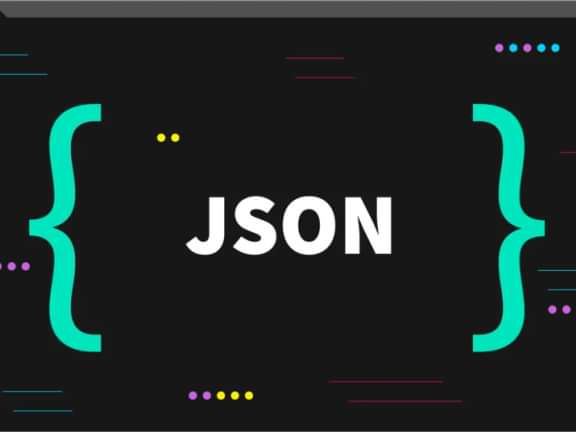Will ChatGBT Replace Google?
Can AI successfully replace traditional search engines?
The Future of Search Engine's with AI
As technology continues to advance, more and more people are turning to AI-powered virtual assistants for their daily information needs. With the rise of such tools as ChatGPT, some are asking the question: will this kind of technology eventually replace search engines like Google? In this blog post, we will explore this possibility and what it might mean for the future of the internet and information access.
What is ChatGBT?
ChatGPT is a cutting-edge natural language processing (NLP) model developed by OpenAI. It uses deep learning algorithms to generate human-like responses to text-based inputs. Unlike traditional search engines, ChatGPT is designed to converse with users and provide personalized, context-aware responses to their questions.
One of the key benefits of ChatGPT is that it can understand and interpret human language in a more intuitive way. This allows it to provide more accurate and relevant answers to questions, as opposed to traditional search engines that simply match keywords to web pages. ChatGPT can also handle follow-up questions and provide more comprehensive answers, making it a valuable resource for anyone looking to gather information or complete a task.
Another benefit of ChatGPT is that it can be integrated into various platforms, such as messaging apps, voice assistants, and customer support systems. This makes it accessible to a wide range of users, regardless of their technical ability. Furthermore, because ChatGPT is powered by AI, it can continuously improve over time and provide more accurate and relevant responses as it gathers more data.
Overall, ChatGPT represents a major shift in how people access and gather information. Its ability to converse with users and provide personalized, context-aware responses has the potential to make search and information access faster, more convenient, and more accurate.
Why ChatGBT is better than Search
One of the biggest benefits of using ChatGPT compared to traditional search engines is the level of personalization it provides. With ChatGPT, users can receive answers that are tailored to their specific needs and context. For example, if a user is looking for information about a local restaurant, ChatGPT can provide recommendations based on the user's location, past search history, and personal preferences.
Another advantage of ChatGPT is its ability to handle more complex queries. Traditional search engines often struggle to provide relevant answers to questions that are written in a conversational or informal tone. ChatGPT, on the other hand, is designed to understand natural language and provide accurate answers, even to questions that are phrased in a more conversational style.
Additionally, ChatGPT can also provide follow-up answers and provide more comprehensive information, making it a valuable resource for anyone looking to complete a task or gather information. This is particularly useful for users who may not be sure what they are looking for or who need additional information to make a decision.
Limitations of ChatGBT
While ChatGPT has many benefits compared to traditional search engines, it is not without its limitations. One of the main limitations of ChatGPT is its reliance on the data and information that it has been trained on. If the information in its training data is incorrect or outdated, ChatGPT will not be able to provide accurate answers.
Another limitation is that ChatGPT is limited by its programming and training data, and may not always be able to provide answers to complex or abstract questions. For example, it may struggle to provide answers to questions about philosophical or ethical issues.
Additionally, privacy and ethical concerns surrounding the use of AI and NLP models like ChatGPT are also a consideration. As ChatGPT gathers and processes large amounts of personal data, there are concerns about how this data is being used and who has access to it. Ensuring the privacy and security of this data will be crucial to the widespread adoption of ChatGPT and other AI-powered virtual assistants.
Finally, while ChatGPT has the potential to provide more accurate and relevant answers compared to traditional search engines, it is not a complete replacement. There will still be a role for traditional search engines and other information sources, particularly for more specialized or niche information needs.
ChatGBT for organizations
In conclusion, the rise of ChatGPT and other AI-powered virtual assistants represents a major shift in the search industry and how people access information. While ChatGPT offers many benefits compared to traditional search engines, including personalized answers, improved accuracy, and the ability to handle complex queries, it is not without its limitations.
As AI technology continues to advance and ChatGPT becomes more widely adopted, businesses and organizations will need to adapt to this changing landscape of search and information access. This may involve incorporating ChatGPT into their products and services, addressing privacy and ethical concerns, and exploring new and innovative ways to use AI to improve the search experience for users.
In the end, the future of search and information access will likely be shaped by a combination of traditional search engines and AI-powered virtual assistants like ChatGPT. By embracing the benefits of AI while also addressing its limitations, businesses and organizations can ensure that they remain relevant and competitive in the ever-changing landscape of search and information access.
Continue reading.
The Element API plugin is a very powerful tool that you can use for quickly exposing your data structures to an external source.
Read moreA brief introduction to consensus mechanisms and why proof of stake is the right move for Ethereum.
Read moreLet's chat about your project
Portland, OR 97215



